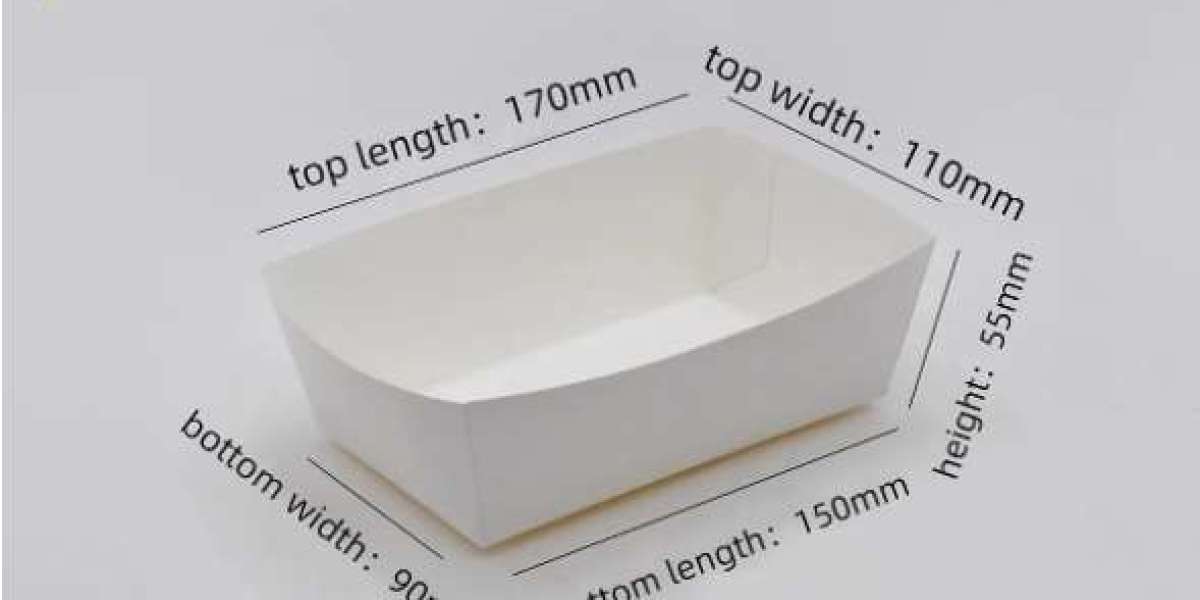Why Blockchain is a Game-Changer for the Gaming Industry
The gaming industry is no stranger to innovation, but the integration of blockchain technology is a true game-changer. Blockchain's decentralized and transparent nature provides a level of trust and security that traditional gaming models can't match. It’s not just a buzzword; blockchain is transforming the way developers build games and how players interact with them. In a time when players are demanding more control over their digital assets, blockchain gives them just that — ownership.
But it doesn’t stop there. The fusion of blockchain with gaming offers endless possibilities, such as play-to-earn models, secure in-game transactions, and decentralized game economies. This shift could well represent the future of gaming, where players can engage in more meaningful, rewarding experiences. As we look ahead, it’s clear that blockchain is here to stay, and understanding how it works will be key for anyone looking to stay ahead in the industry.
This article will explore the growing role of blockchain in the gaming industry, focusing on its potential to reshape how games are created, played, and monetized. So, why should game developers consider integrating blockchain into their projects? Let's dive in and see the major benefits.
Key Blockchain Concepts Every Game Developer Should Know
Before diving into how blockchain is reshaping gaming, it’s important to understand the key concepts that make it so powerful. At its core, blockchain is a distributed ledger technology. It allows data to be stored across a network of computers in a way that is secure, transparent, and immutable. This means once information is added to the blockchain, it cannot be changed or deleted.
For game developers, this technology brings several crucial benefits:
- Decentralization: Traditional gaming platforms are centralized, meaning a single entity controls the game and its assets. Blockchain, on the other hand, decentralizes control, allowing for more player autonomy and fairness.
- Transparency: Players can verify every transaction on the blockchain. This removes the possibility of fraud, whether it’s in-game purchases or item transfers.
- Security: Blockchain’s encryption ensures that data is protected, offering both developers and players peace of mind when engaging in transactions.
Blockchain also facilitates the creation of NFTs (Non-Fungible Tokens), a key innovation in gaming. NFTs allow players to own unique in-game items that can be traded or sold, potentially giving them real-world value. Developers can create and manage these assets, opening new revenue streams and giving players more control over their gaming experiences.
To fully harness blockchain’s potential, game developers may need specialized support. This is where an NFT game development company comes into play, helping developers create blockchain-integrated gaming systems tailored to their needs. With the right guidance, integrating blockchain technology can significantly enhance both the player experience and a game’s revenue model.
NFTs in Gaming: The Future of Digital Assets
NFTs are quickly becoming a cornerstone of blockchain-based games. These unique digital tokens represent ownership of specific in-game items, characters, or even land within a game world. Unlike traditional in-game assets, NFTs are one-of-a-kind and can't be replicated or altered. This adds a layer of authenticity and scarcity, creating a new kind of digital economy within gaming.
The impact of NFTs is already visible across several popular games. Players can purchase, trade, and sell in-game items like skins, weapons, or avatars, often for real-world money. This creates a thriving secondary market for digital goods, something that traditional gaming platforms have not been able to fully capitalize on.
Why does this matter for developers? For one, NFTs allow for new revenue models. Instead of relying solely on in-game purchases or ads, developers can sell limited edition items or entire game worlds as NFTs, creating lasting value. Moreover, players can profit from their involvement in these ecosystems by buying and selling assets as the game evolves.
But creating NFT-based games isn’t without its challenges. Developers may need specialized expertise to properly integrate NFTs into their titles. That’s where NFT Game Creation Services come into play. By partnering with a specialized NFT game development company, developers can ensure they’re creating seamless and innovative gaming experiences. These services offer the technical know-how required to create, manage, and scale NFT assets within a game.
The Benefits of Integrating Blockchain into Game Development
Integrating blockchain into game development offers a range of advantages for both developers and players. These benefits go beyond the buzz around cryptocurrencies and NFTs — they lay the foundation for a more open and equitable gaming landscape.
- Enhanced Player Ownership: One of the key selling points of blockchain in gaming is the idea of player ownership. In a blockchain-based game, players can truly own the assets they acquire. Whether it's a rare weapon, a piece of land, or a custom avatar, players can buy, sell, or trade their assets as they see fit. This level of ownership is something that traditional gaming models can’t replicate.
- Secure and Transparent Transactions: Blockchain’s transparent ledger ensures that all transactions within the game are visible and tamper-proof. This eliminates the possibility of fraud, such as counterfeit in-game items or the manipulation of game economies. Players can feel confident that their purchases and trades are secure.
- New Revenue Models: Blockchain allows for the creation of new revenue streams for developers. By integrating NFTs or using play-to-earn mechanics, developers can earn money through asset sales, commissions, and transactions, rather than relying solely on upfront game sales or ads. This can create more sustainable business models for developers, especially in free-to-play games.
- Decentralized Gaming Economies: Blockchain enables the creation of decentralized gaming economies where the players have more control. In such an economy, players can trade, auction, and sell items without needing a centralized authority.
For developers looking to take advantage of these opportunities, working with an NFT game development company that understands blockchain’s full potential can be incredibly beneficial. They provide the expertise needed to implement blockchain seamlessly, ensuring that both the developer’s vision and player’s needs are met.
The Road Ahead: The Future of Blockchain and NFTs in Gaming
As blockchain continues to evolve, so too will its role in gaming. The technology is still relatively new, but its potential is vast. Looking ahead, we can expect to see more widespread adoption of NFTs and blockchain in games. From indie developers to big studios, integrating blockchain could become the norm rather than the exception.
New developments in blockchain technology could also lead to more efficient, scalable, and user-friendly platforms. With the rise of layer-2 solutions and sidechains, game developers may be able to implement blockchain without worrying about transaction costs or slow speeds.
Moreover, the growing interest in the metaverse suggests that digital ownership and NFT-based economies will play an even bigger role in the gaming industry. Games could become interconnected worlds, with players carrying their assets and identities across multiple platforms.
The future is bright for blockchain and NFTs in gaming, and for developers who embrace the change, it could mean new business opportunities, greater player engagement, and more dynamic game experiences. Working with an experienced NFT game development company can help developers stay ahead of the curve and tap into this exciting new frontier.








